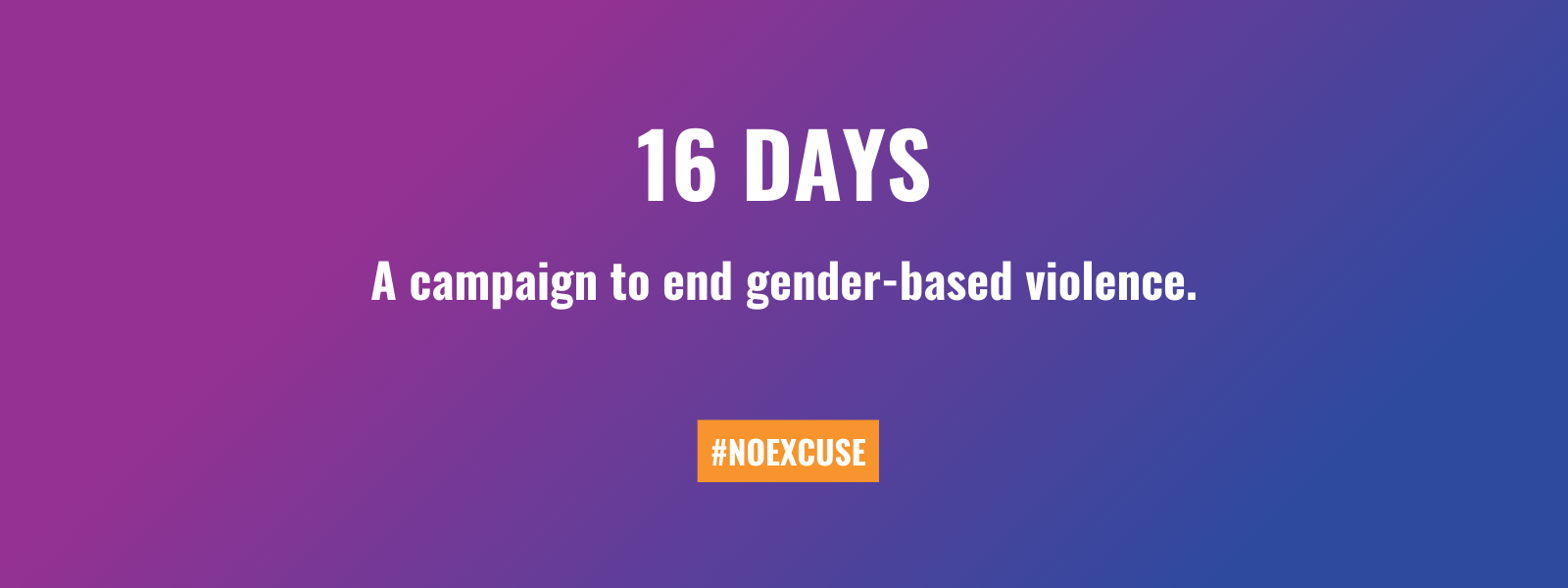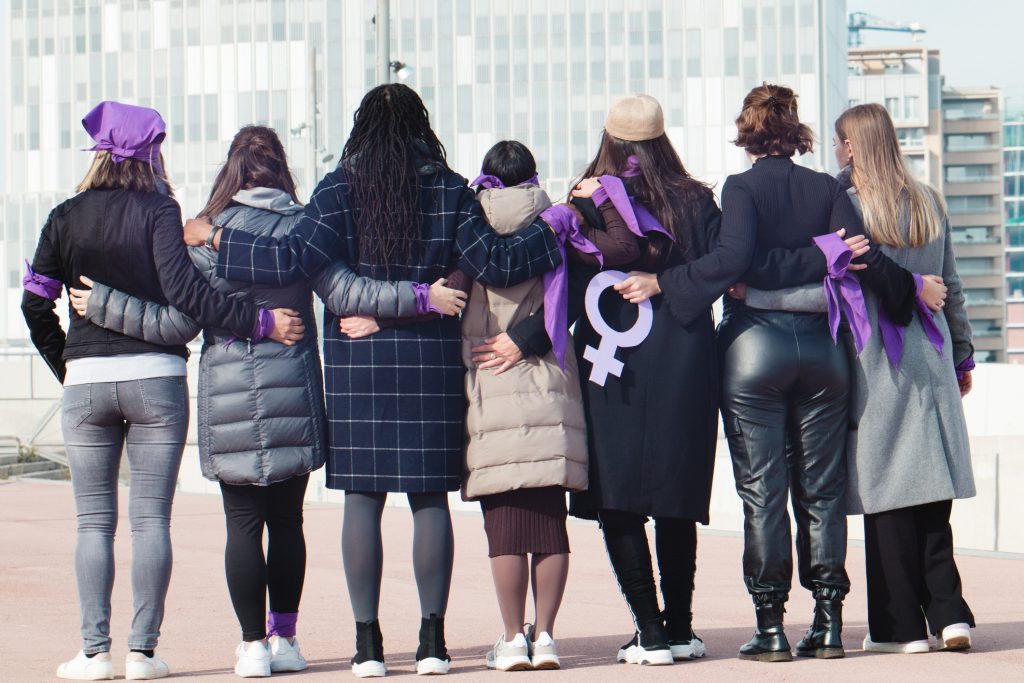Global 16 Days Against Gender-Based Violence Campaign at CUNY SPH
CUNY SPH has partnered with the United Nations Population Fund (UNFPA) on the Global 16 Days Against Gender-Based Violence Campaign, an initiative to bring global awareness to the widespread issue of gender-based violence, a pervasive public health threat. For over thirty years this civil society-led campaign has brought together local and global feminist activists and movements to raise awareness of the many forms of gender-based violence, its root causes and impact, and pathways to prevention and accountability. This campaign, which originally kicked off each year on November 25, the International Day for the Elimination of Violence Against Women, and ran for 16 days through December 10, Human Rights Day, will be transformed under CUNY SPH’s guidance into a year-round initiative.
Throughout 2024, CUNY SPH will hold a series of virtual conversations to hear from feminist activists around the globe on how they see the campaign evolving to better amplify their voices and become a 365-day-a-year effort for shifting norms, securing accountability, and transforming power structures that oppress women, girls, and gender diverse people.
Contact us at EndGBV@sph.cuny.edu to be added to our email list to find out more about upcoming events.





